Enemies want Lebanon’s next president to cross swords with Hezbollah, Top lawmaker says
A senior Lebanese lawmaker has warned that the enemies are seeking to pick a president who would implement their policies and push ahead with their policy of confronting the Hezbollah resistance movement.
Mohammad Raad, head of Loyalty to the Resistance Bloc – the political wing of Hezbollah – in the Lebanese parliament, said the enemies’ attempts to drive a wedge between Hezbollah and the Lebanese nation have dismally failed.
“We have not brought the country to a shutdown. Our country is suffering from a state of paralysis because of the individuals and parties that are plundering its assets, looting its banks, obstructing viable policies and encouraging sanctions. They prevent electricity from reaching the Lebanese nation and do not allow foreign aid to get to ordinary people,” Raad said.
He said Lebanon’s economic crisis cannot be entirely blamed on previous governments and their wrong policies, and it could also be tied to Americans’ habit of being at loggerheads with Hezbollah and their relentless attempts to undercut the resistance movement.
“The reason is that Hezbollah is the biggest obstacle to projects of normalization with the Israeli regime,” he said. “Enemies fell back on a campaign of maximum economic and financial pressures after they suffered a humiliating defeat at the end of Israel’s 33-day war on Lebanon back in the summer of 2006.”
“Enemies are frantically trying to hold the resistance group responsible for the currency devaluation and the country’s plummeting credit scores,” the senior Lebanese legislator added.
Lebanon’s presidency has seen stalemate several times since the 1975-1990 civil war. The country has also had only a caretaker government since May 2022.
The Arab country has been mired in an economic crisis that the World Bank has dubbed one of the worst in recent history, which comes amid crippling sanctions imposed by the US and its allies.
The Lebanese pound has lost more than 95 percent of its value on the black market since 2019.
According to the United Nations, the ongoing financial crisis in Lebanon has caused poverty rates to reach more than 80 percent of the population, and food prices have risen by an astonishing 2,000 percent.
Russian court orders Google to pay staggering fine of $20 decillion
Yemeni forces carried out five operations in Haifa, targeting six ships, in one year: Report
Israeli war machine fails to penetrate Lebanon despite barbaric bombardment: Houthi
VIDEO | Is West's dominance over?
VIDEO | Five Syrians killed in Israeli airstrikes on al-Qusayr near Homs
VIDEO | South African resistance leaders reflect on ways to overcome Israeli aggression
VIDEO | Press TV's news headlines
VIDEO | Netanyahu pressured on a ceasefire


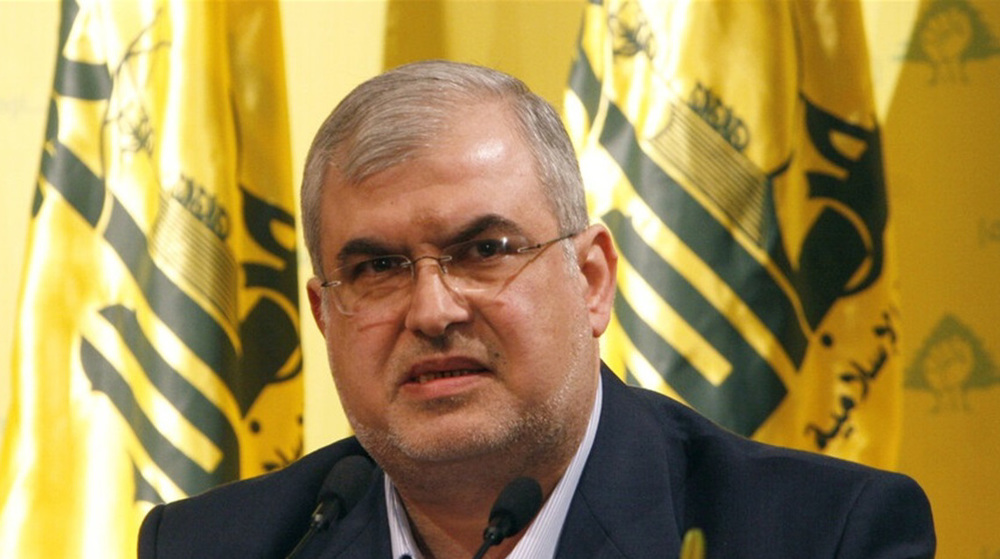
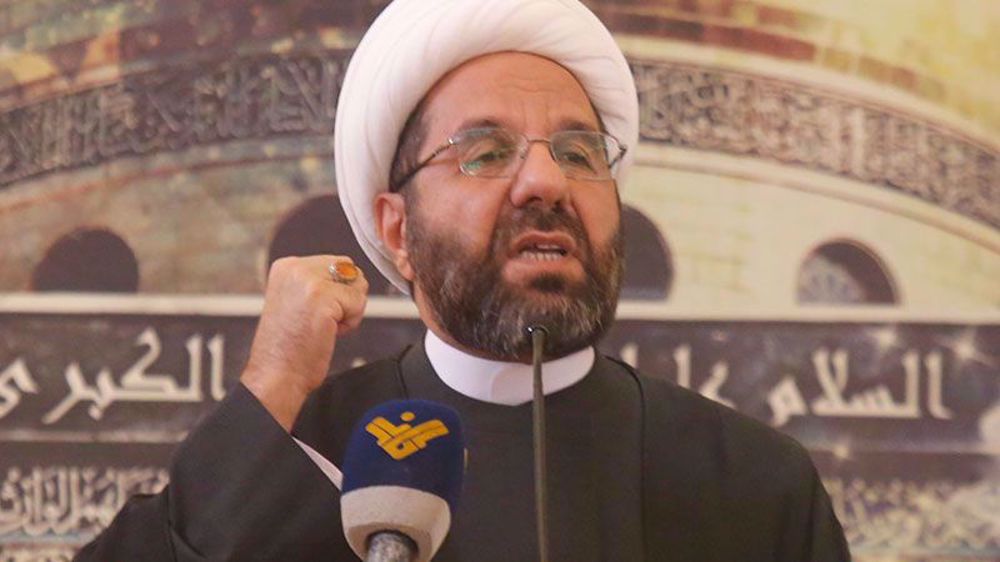
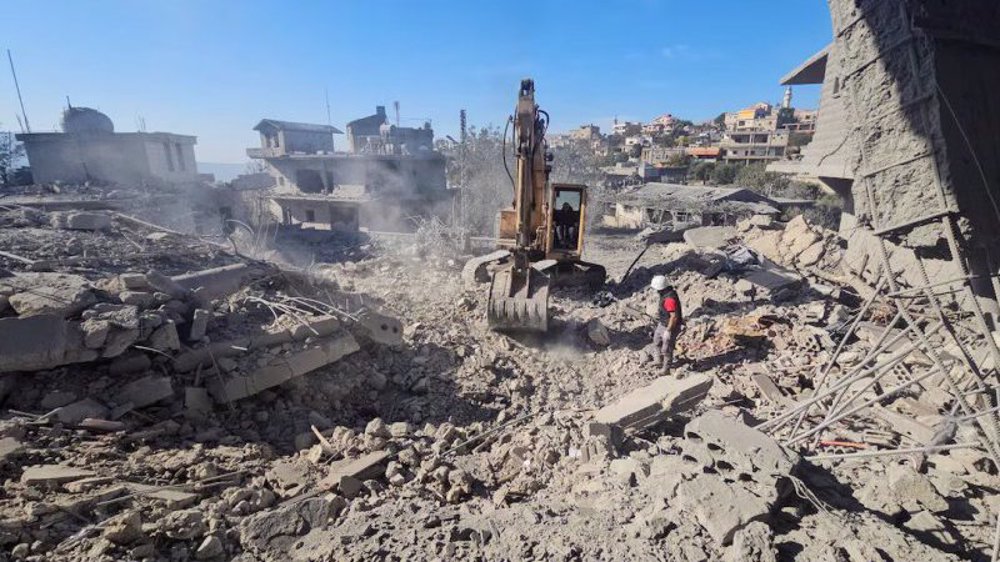
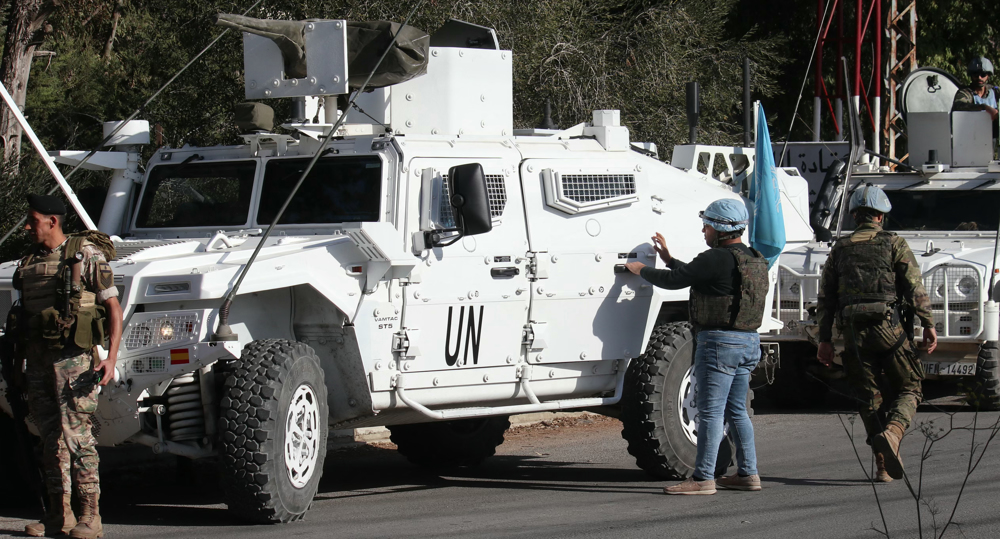
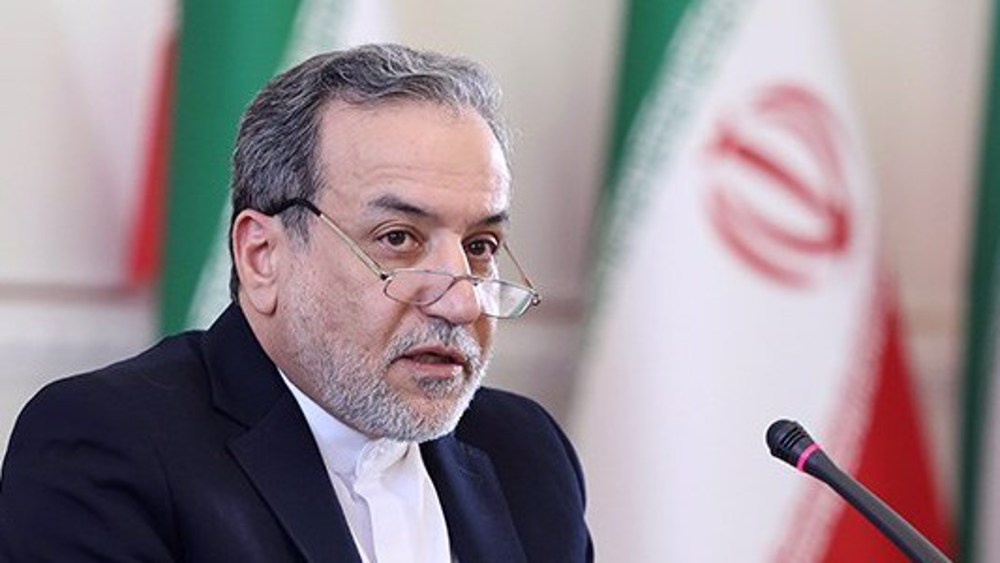



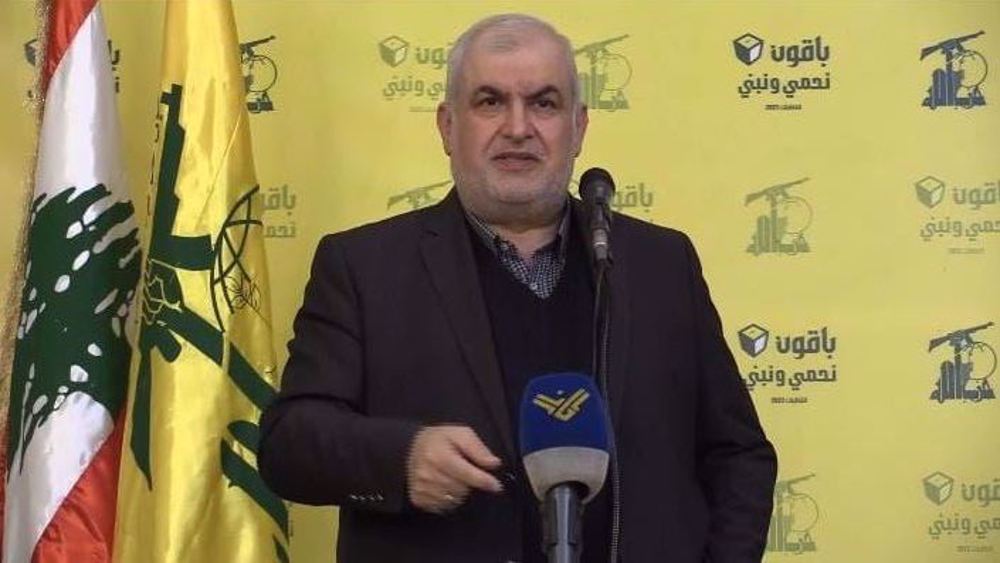
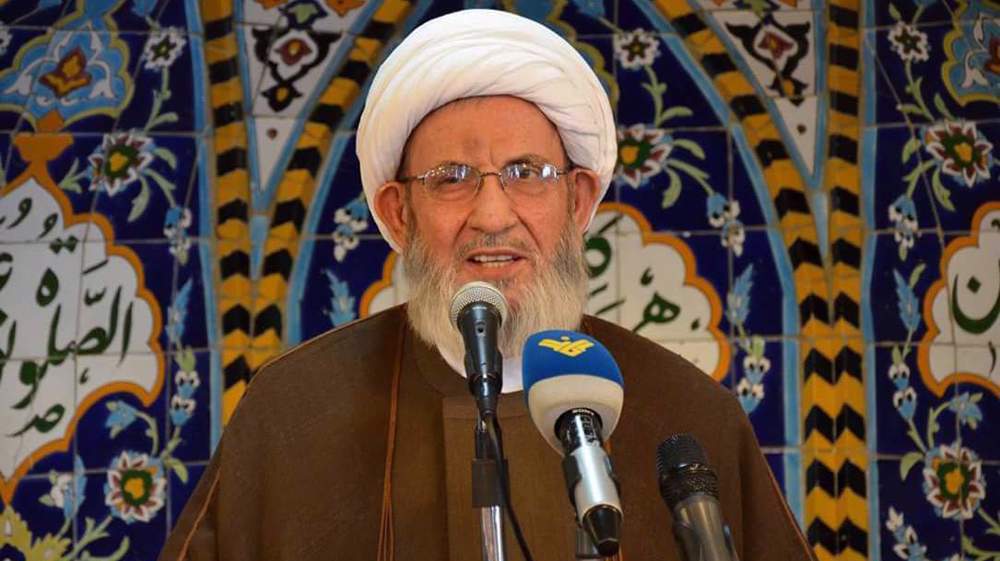

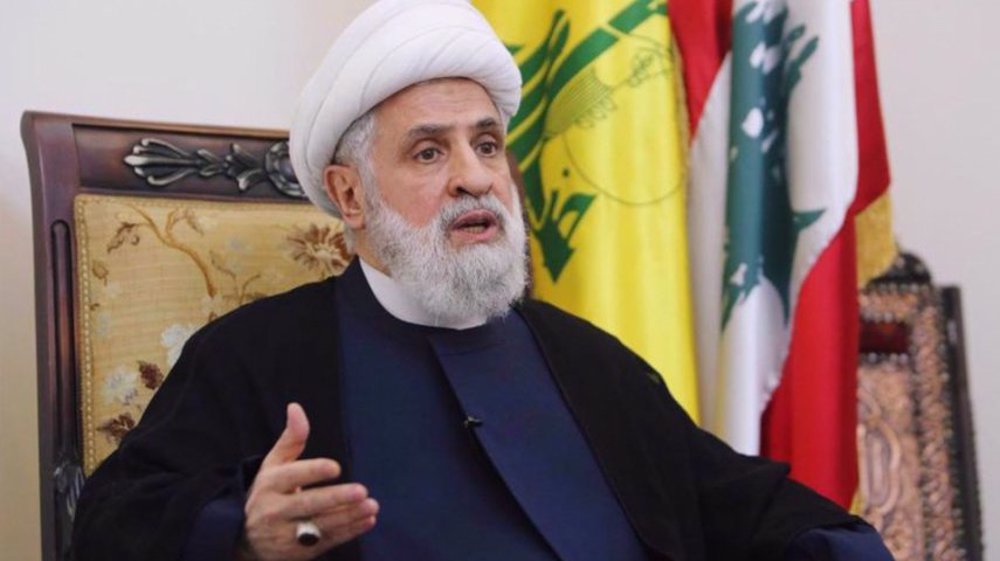
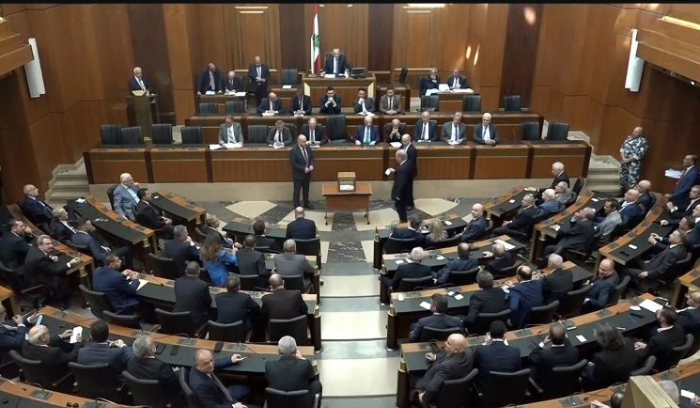
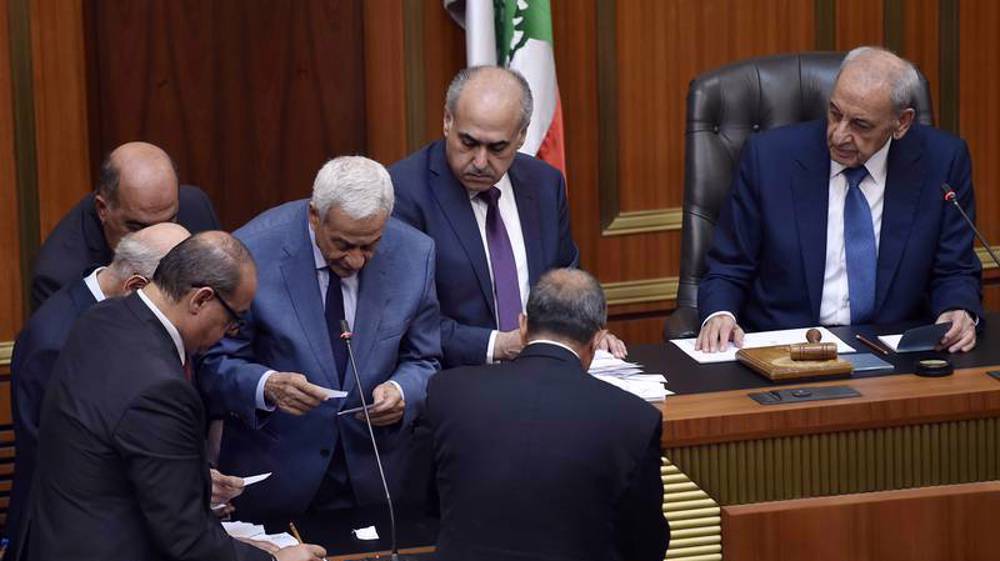

 This makes it easy to access the Press TV website
This makes it easy to access the Press TV website